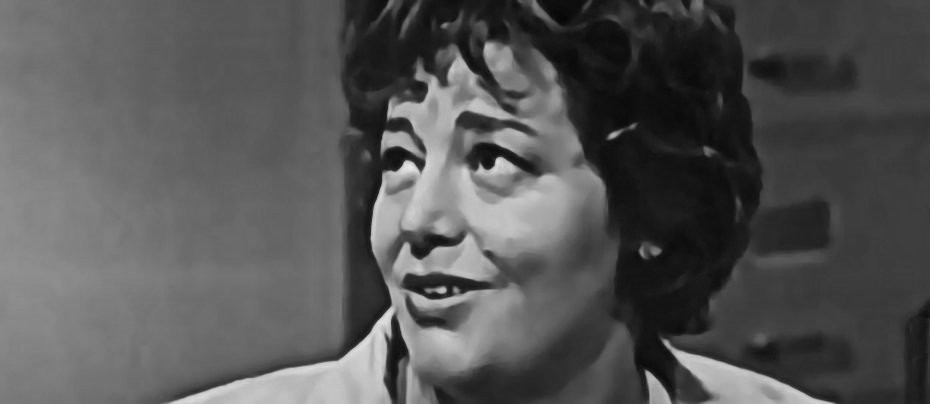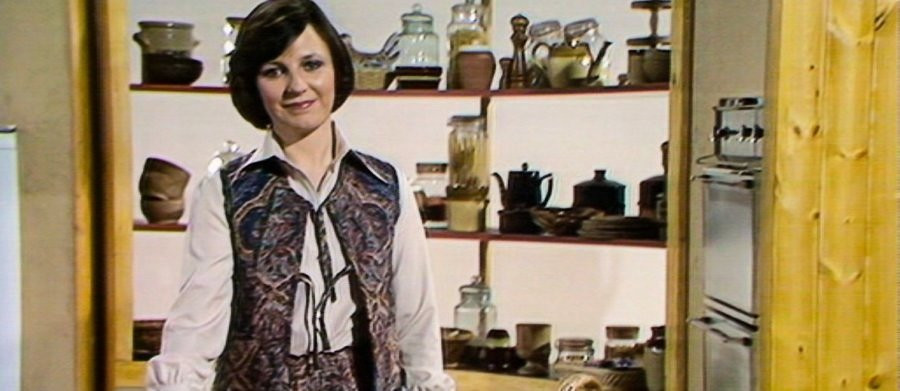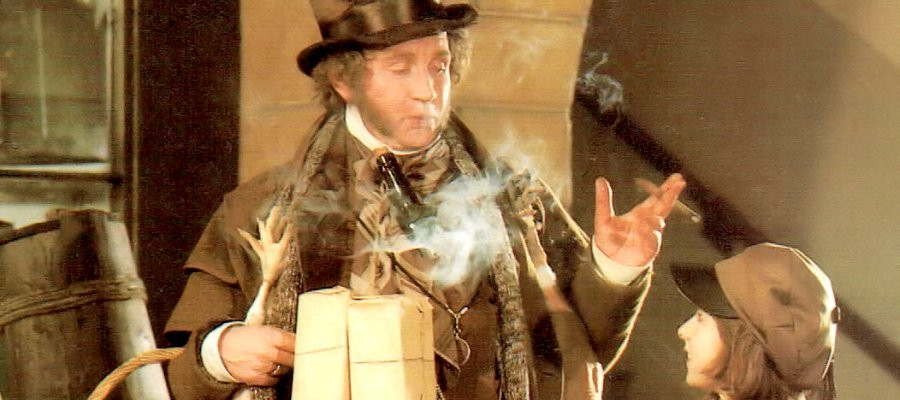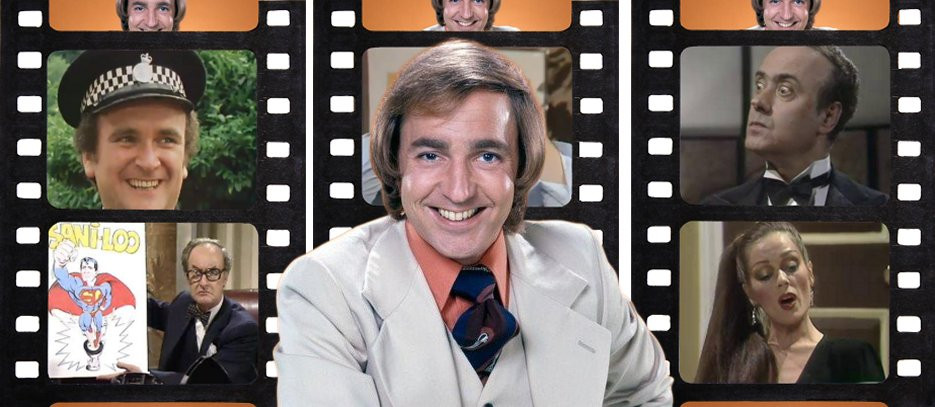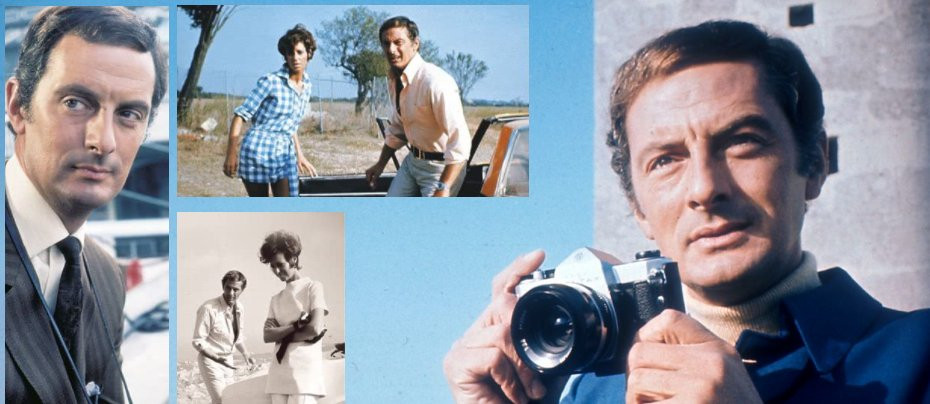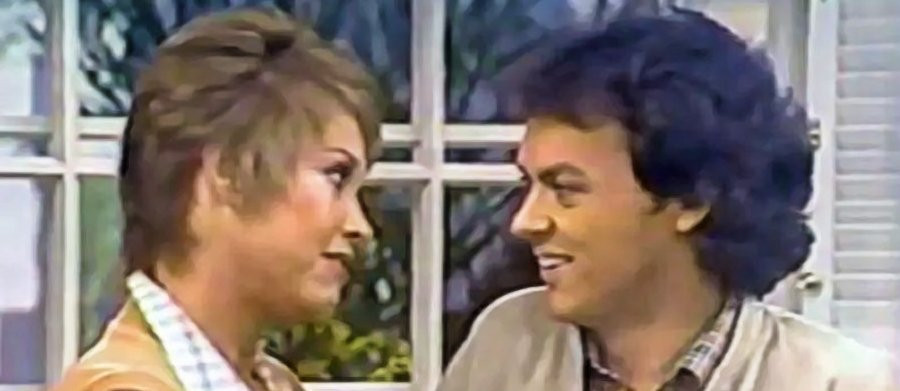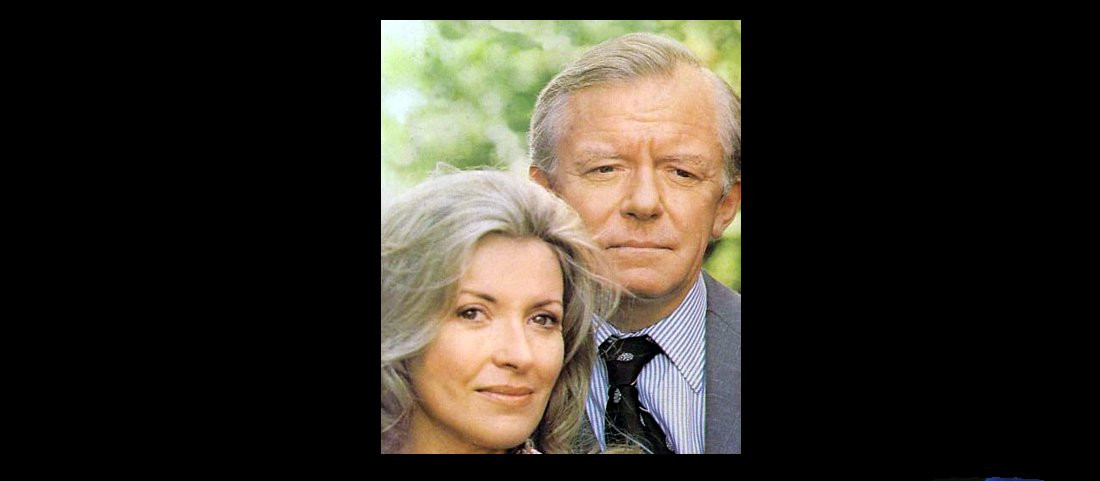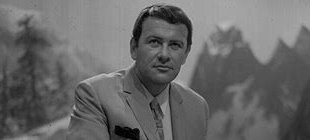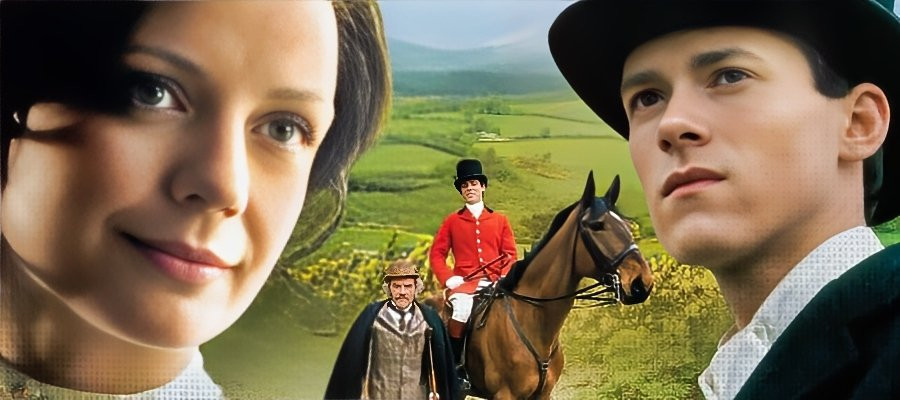
Flambards
1979 -Flambards is based on three modern classic novels by award-winning writer Kathleen Peyton, who later added a fourth to the series. The first book narrowly missed winning Britain’s top children’s literary award, the Carnegie Medal, losing to Alan Garner’s The Owl Service in 1967. However, its sequel, The Edge of the Cloud, won the medal two years later. The story powerfully contrasts the world of horses with the bold, mechanical age of aeroplanes and the daring young pilots who flew them. Flambards explores one woman’s emancipation, youthful vitality, and the pain of personal growth.
Peyton did not originally intend Flambards as a children’s novel, but rather as the first in a series of romantic works. “The first one was definitely an adult book,” she later explained, “but it started with the girl at about thirteen—that was my mistake—and then carried on with her love life later on.”
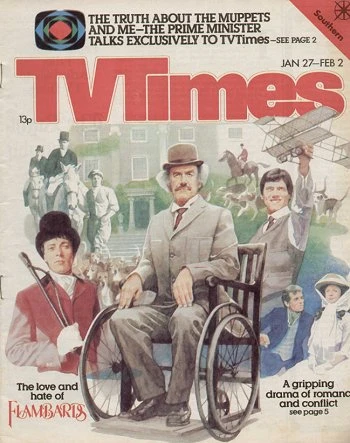
In 1978, Yorkshire Television, in association with the ITV network, adapted the novels into a family drama series. Thirteen episodes were broadcast across most British regions on a Friday night beginning in late January or early February 1979, written by Alan Plater, Alex Glasgow, and William Humble. Featuring David Fanshawe’s memorable score—including the iconic “whistle theme” performed by John O’Neale—the series remained largely faithful to Peyton’s novels, with only minor alterations to character ages and scenes impractical for filming. The producer was Leonard Lewis, with David Cunliffe as executive producer. Episodes 1-5 of the series corresponds with Peyton's first book, Flambards; episodes 6-9 cover Edge of the Cloud; and Flambards in Summer is represented in episodes 10-13.
In 1980, Flambards arrived on American television via PBS, trimmed down from 13 episodes to 12 by combining the first two episodes into one.
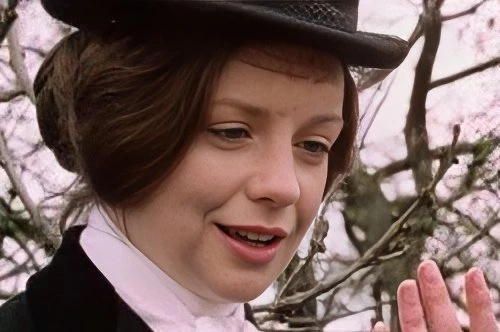
Set between 1909 and 1918, as the story follows Christina Parsons (Christine McKenna), a teenage orphan and heiress who has lived with different female relatives since the age of 5 but is now, at the age of 16, summoned to live at Flambards, her uncle’s decaying Essex estate. Her uncle, William Russell (Edward Judd), is a crippled and domineering man who lives with his two sons, Mark (Steven Grives) and Will (Alan Parnaby). Other cast members include Sebastian Abineri as Dick Wright, Anton Diffring as Mr Dermott, Rosalie Williams as Mary, and Frank Mills as Fowler.
The narrative traces Christina’s coming of age during a period of great social and technological upheaval—an era of horses and aeroplanes, class conflict, suffragettes, war, and rebuilding new lives out of the ashes of old ones. Having been passed between relatives since the age of five, sixteen-year-old Christina is summoned to Flambards, where her uncle (her mother’s half-brother) intends her to marry her cousin Mark on her 21st birthday, to restore the estate using her inheritance. Mark, like his father, is domineering and obsessed with hunting, while the younger son, Will, fearful of horses after an accident, dreams of becoming an aviator.
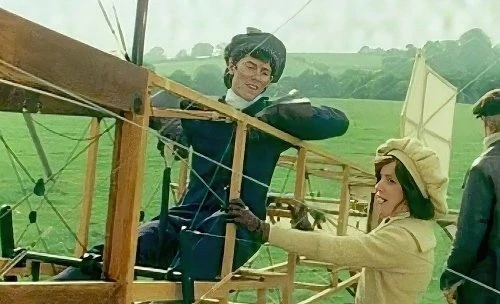
Christina develops a passion for horses and hunting but also befriends Will, who questions her assumptions about class, and Dick, the stablehand who teaches her to ride. Christina and Will eventually fall in love and elope to London after the hunt ball.
At the outbreak of the First World War William joins the Flying Corps. After two and a half years away, he returns home on long-overdue leave, only to learn that his brother Mark is missing in action and presumed dead. Soon after returning to duty, William is killed in action himself.
Now widowed and pregnant, returns to Flambards. Using her recently inherited money, she sets about restoring the estate to working order. Dick, invalided out of the army with injury and tuberculosis, returns home, and Christina offers him the position of running the estate—a role he eventually accepts.
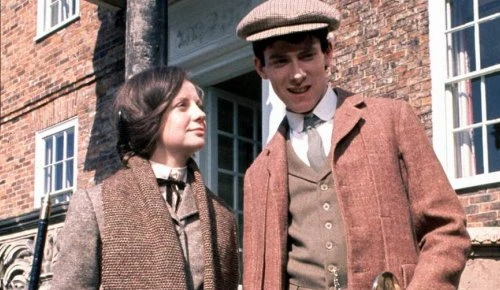
Following the birth of her daughter, Isobel, Christina resumes supervising the farm work. With Dick’s help, they manage their first, modest harvest and celebrate with a joyful dinner, which is abruptly interrupted by the unexpected return of Mark—alive, having been released from a prisoner-of-war camp.
Old tensions resurface as Mark and Dick become bitter rivals. Mark proposes marriage to Christina, but she refuses, realising she may have to leave Flambards if she is to remain with Dick. When Mark’s illegitimate child, Tizzy, accidentally sets fire to the barn, Mark and Dick fight side by side to save the estate.
Ultimately, Mark’s lawyer reveals that Flambards is burdened with overwhelming debt, and the only way to preserve it is for Christina to purchase the estate outright—becoming its true owner at last.
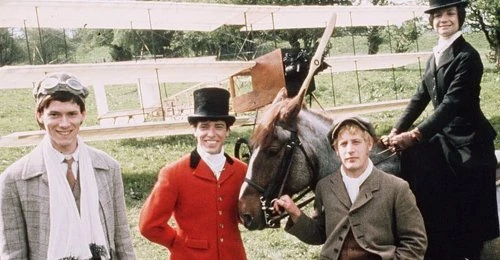
In the end, Flambards stands as both a sweeping family saga and an intimate portrait of personal transformation. Against the backdrop of a world in upheaval—where tradition collides with modernity, and love must contend with loss—Christina’s journey embodies courage, independence, and renewal. Her decision to reclaim Flambards not only secures its survival but symbolises a new era born from the ruins of the old: a woman’s triumph over circumstance and a poignant reminder that even in the shadow of war, life, hope, and love endure.
There was a Flambards theme park on the southern outskirts of the town of Helston in Cornwall, England, but it closed in November 2024.
Seen this show? How do you rate it?
Seen this show? How do you rate it?
Published on October 27th, 2025. Written by Laurence Marcus for Television Heaven.


